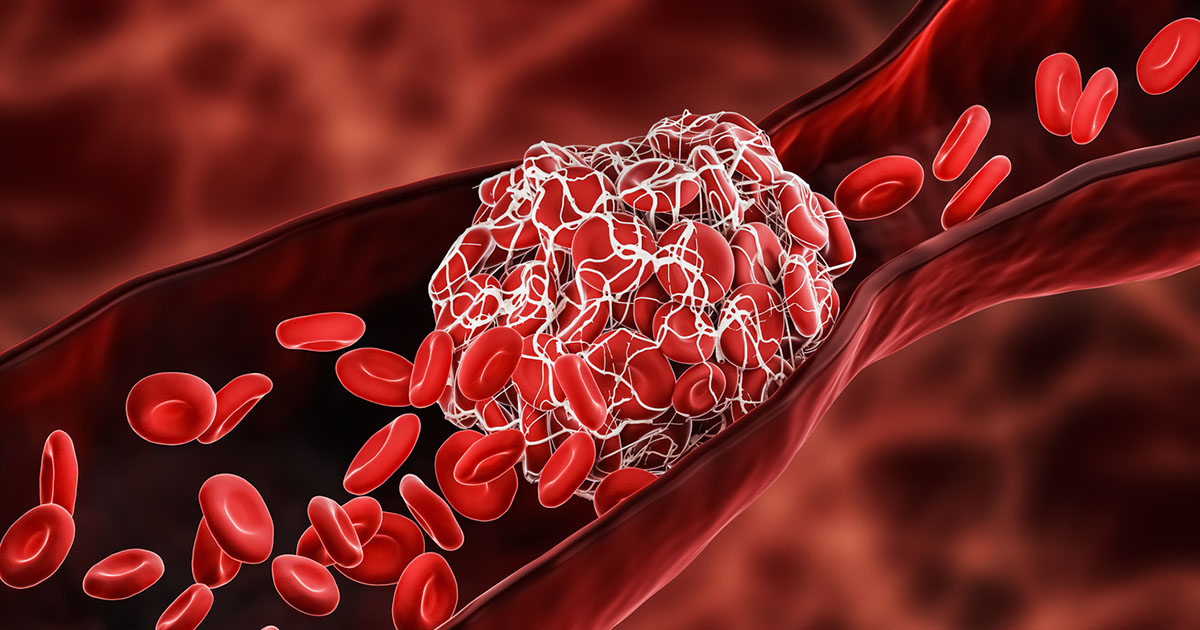It seems that there are probably two different types of people when it comes to commissioning. (Having mentioned commissioning I am aware I may have lost some of you already!) There are those who wish to be on the front line, trying things out, being innovative and attempting to move local services forward to best meet the needs of their local community. Then there are those on the other side of the fence, who wait for things to happen. Rather shamefully I must admit that until recently I was probably someone who fell into the latter of these two categories.
Over the past few years there seems to have been an ongoing production of new guides and initiatives to help support the commissioning of diabetes services. In the article that follows, Brian Karet provides a useful insight into the history of, and intended purposes behind, many of them. However, due to the ongoing development of new guides it has often felt easier not to become involved. Just as one seems to get a handle on a publication another one comes along. With so many competing interests for our time, these publications frequently felt difficult to keep abreast off. Without judging everybody by my own standards, I imagine that this is one reason that people decide to stay in the “watch and wait” camp.
In the following article, Brian also goes on to discuss the new NHS Diabetes Commissioning Guide (NHS Diabetes, 2009). You might well ask why there has been development of yet another commissioning guide. However, it is for the very reason of there being numerous policy documents coupled with the increasingly complex world of commissioning that a newer and clearer guide has been necessary. The aspirations of the guide are laid down in the article.
I was asked recently to sit on my local Diabetes Pathway Group. This forced me into a position of really needing to try and understand the nitty gritty of the NHS Diabetes Commissioning Guide and, of course, what went before it. We have used the new guide as a framework for the way future diabetes care will be delivered locally. One of the key facets of this guide is to determine what people want and need. As clinicians we often think we know, but this is not always the case.
It goes without saying that the NHS faces turbulent times over the next year or so. Perhaps in diabetes care the challenges will be greater than in other care areas. There are increasing numbers of people with diabetes, the ongoing development of new therapeutic agents and more people living with the complications of diabetes. Not only does all of this have implications for the way clinical services will develop but also will have huge implications for the provision of social care – something that in my view we do not hear enough about. The new NHS guide provides a sound basis for allowing us to tease out and develop services for the many different facets of diabetes care.
As such, it is probably no longer acceptable to continue to watch from the sidelines and wait and see what happens. As clinicians it is imperative that we do our best for our patients. Part of this role demands we become local champions of diabetes care and push to develop services that meet the needs of people with diabetes. Without taking more of an active role, changes to service provision could be forced upon us and may not meet our wishes and, more importantly, the wishes of people with diabetes. To date I have only really dipped my toe into the world of commissioning. However, I can honestly say it is a more stimulating area than it may first seem. So if you have been in the watchful, waiting group it may be time for a change – go on, give it a go, it is actually quite exciting.





Small increases in three lifestyle behaviours is effective in reducing all-cause mortality.
27 May 2025